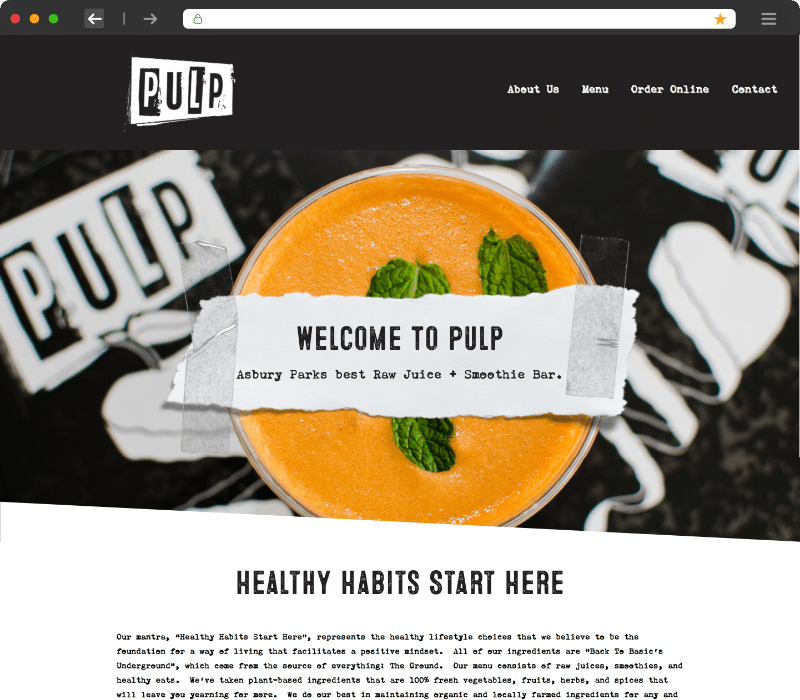Introduction
In today's hyper-connected digital landscape, where every click counts, understanding the role of content in search engine optimization (SEO) is more crucial than ever. Content isn't just about filling a web page with words; it’s the lifeblood of your digital marketing strategy. Effective content can increase website conversions, enhance user engagement, and ultimately lead to improved rankings on Google.
But what exactly makes content so significant in SEO? This article will dive deep into the multifaceted relationship between content and SEO, exploring its nuances, benefits, and strategies for optimizing both. So grab a cup of coffee, settle in, and let’s get started!
Understanding the Role of Content in Search Engine Optimization
When we talk about SEO, it's easy to get bogged down in technical jargon—keywords, backlinks, meta tags—but at its core, SEO is about providing value to users through content. Quality content addresses user intent and answers questions that potential customers might have.
What Is Content?
Content encompasses everything from blog posts and articles to videos and podcasts. It’s the medium through which brands communicate with their audience. In the realm of SEO, quality content should be informative, engaging, and valuable.
Why Is Content Important for SEO?
Content plays a pivotal role in how search engines rank websites. Google aims to deliver the best results for its users; hence, high-quality content is prioritized over low-quality or irrelevant material. Here’s why:
- Keyword Targeting: Relevant keywords embedded within quality content can help improve visibility in search engine results. User Engagement: Well-crafted content keeps visitors on your site longer—an essential factor for conversion rate optimization. Link Building: High-value content is more likely to earn backlinks from other websites, boosting your site’s authority.
The Relationship Between Content and User Experience
User experience (UX) goes hand-in-hand with effective SEO strategies. Engaging content leads to better UX by providing information that users find useful and enjoyable:
Readability: Understandable language makes it easier for readers to digest information. Visuals: Images and videos can break up text-heavy pages and keep users engaged. Navigation: Well-organized content allows users to find what they’re looking for quickly.Types of Content That Boost SEO
Not all types of content are created equal when it comes to SEO. Here are some effective types you might consider:
- Blog Posts: These are excellent for targeting long-tail keywords. Infographics: Visual representations of data that can easily be shared. Videos: Engaging formats that keep visitors on your site longer. Guides & E-books: Comprehensive resources that establish authority.
How Does Quality Content Improve Rankings?
Quality content enhances your chances of appearing at the top of search engine results pages (SERPs). If Google recognizes your site as an authoritative source due to its valuable content:
- You’ll gain higher rankings. Your click-through rates (CTR) will improve. You’ll attract organic traffic consistently over time.
Creating Effective SEO-Friendly Content
Creating optimized content requires a blend of creativity and strategy.
Keyword Research Essentials
Before writing anything, conduct thorough keyword research. Tools like Google Keyword Planner or SEMrush can help identify what your audience is searching for.
Tips for Effective Keyword Research:
Use long-tail keywords. Analyze competitors’ keywords. Look for local SEO opportunities if applicable.Crafting Compelling Headlines
Your headline is often the first thing visitors see—it needs to grab attention! A well-crafted headline should include target keywords while being enticing enough to encourage clicks.
Examples:
- “10 Proven Strategies to Increase Website Conversions” “A Beginner’s Guide to Local SEO”
Structure Your Content Wisely
The structure matters! Use headings (H2s & H3s) effectively so readers can skim through easily while also benefiting from improved SEO performance.
Suggested Structure:
Introduction Main Points (Subheadings) Conclusion FAQsOptimizing Existing Content
Don’t neglect existing pages! Regularly updating old posts can give them new life—and boost their rankings!
How To Audit Your Existing Content
Identify underperforming pages using tools like Google Analytics or Ahrefs:
Check bounce rates. Review average session duration. Identify high-exit pages.Refreshing Old Posts
Updating old blog posts with fresh information or new visuals can enhance their relevance:
- Add current statistics. Update links to reputable sources.
The Importance of Link Building Through Quality Content
Backlinks signal credibility to search engines; quality content naturally attracts links from other sites.
Strategies For Earning Backlinks
Guest blogging on reputable sites. Collaborating with influencers in your niche. Creating share-worthy infographics or videos.Local SEO: Why It Matters More Than Ever
For businesses that operate locally, mastering local SEO is essential! It helps you show up on Google Maps when potential customers search relevant terms in your area.
How Quality Content Affects Local Rankings
Creating localized content tailored specifically for your audience improves local visibility:
Use local keywords strategically throughout your site. Write blog posts about local events or news related to your industry.Leveraging Google Maps SEO
Being visible on Google Maps means you need a robust digital marketing strategy focused on local reach:
Optimize your Google My Business profile with quality images and customer reviews. Share location-specific blog posts that resonate with community interests.FAQs About Understanding the Role of Content in Search Engine Optimization
1. What role does keyword placement play in effective SEO?
Keyword placement helps search engines understand what your page is about—placing them naturally within titles, headings, and body text improves rankings significantly!
2. How often should I update my website's existing content?
Regular updates are key! Aim at least once every six months but tailor this based on your industry changes or new information availability.
3. Can social media impact my website’s SEO?
Absolutely! Sharing quality content on social media platforms increases visibility SEO company Massachusetts and potentially drives traffic back to your site—boosting overall engagement metrics!

4. What’s more important: quantity or quality of content?
Quality trumps quantity every time! One well-researched article beats ten mediocre ones when it comes down to securing backlinks and improving user experience!
5. How do I measure the success of my SEO efforts?
Use tools like Google Analytics or SEMrush—track metrics such as organic traffic growth over time along with conversion rates linked directly back through specific campaigns!
6. Should I prioritize mobile-friendly design when creating web content?
Yes! With more searches happening on mobile devices than desktops today—the necessity for mobile-friendly design cannot be overstated!

Conclusion
The world of digital marketing may seem overwhelming at times—with endless tactics vying for attention but always remember this fundamental truth: understanding the role of content in search engine optimization paves the way toward success online! By focusing on delivering high-quality material tailored toward user intent while keeping up-to-date with ongoing trends—you'll not only improve SERP rankings but also foster greater engagement across all platforms!
So go ahead; start crafting valuable experiences through compelling storytelling today!